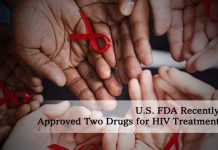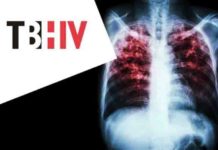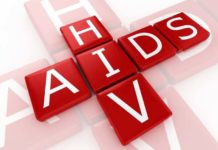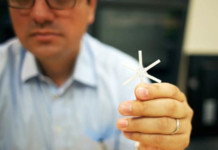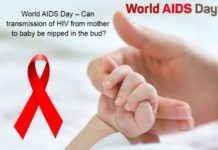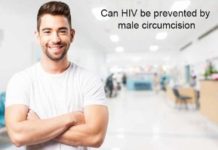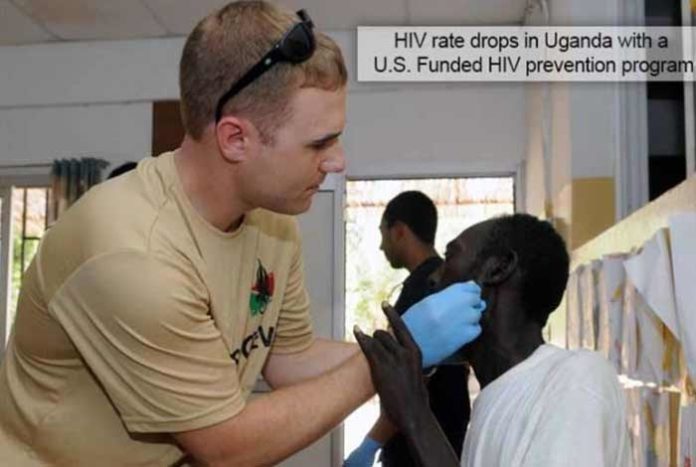
A recent research reported that there is a sharp decline in the number of HIV cases in Uganda with the implementation of an HIV prevention program funded by the United States. The program includes male circumcision and antiviral drug treatment.
The study was conducted on over 34,000 people from the rural Rakai District located on the shores of Lake Victoria. The study participants had been included a U.S. Funded HIV prevention program. This program offers several free services like anti-HIV drugs for infected people, voluntary male circumcision, condoms and promotion of safe sex.
Though it is known that these measures would help in reducing the HIV risk at an individual level, their long-term, population-wide impact is still not clear.
John Hopkins conducted the research and found that there is a 42% drop in new HIV infections in the Rakai District, and this was observed for the duration of the program, i.e., between early 2000 and 2016.
The reduction in the cases was observed more in men than women. As for men, it is 50%, while in women, it is only 30%.
Dr. Maria Wawer, a professor at Departments of Epidemiology and Population, Family and Reproductive Health, Hopkins’ School of Public Health, said, “When I started doing research at Rakai in the late 1980s, about a third of people in the trading centers were HIV-positive and there was little we could do to prevent a further spread of the virus.”
She also added, “But now there’s so much more that we can do, and with this study we’re finally seeing the beneficial results of these combined interventions.”
Source: drugs.com

